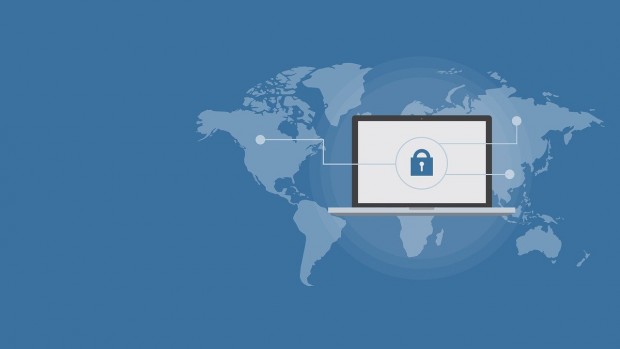How to Protect Your Data When Working from Home
More people are currently working remotely than ever before. While many of these at-home jobs are a direct result of the recent COVID-19 pandemic, there's no denying that the remote workforce has been trending over the past few years. This pace is expected to remain steady, or even increase, as more companies start to give their employees the option of working from a remote location.
In most cases, remote workers simply choose to work from the comfort of their own home. Other times, shared offices and even public places are used. The important part is that the employee isn't required to show up to the office on a daily basis.
While this offers many conveniences, it can also introduce additional complications - especially concerning your online data. As the majority of remote jobs utilize the Internet as a primary means of communication, it's crucial that you protect your personal data at all costs.
Best Practices for Remote Work
-
Try to avoid public Wi-Fi whenever possible. Although it might be unavoidable, especially if you don't have access to reliable, high-speed Internet at your home, public Wi-Fi networks are digital goldmines for hackers and would-be identity thieves. If you are accessing your company's network from a public place, try to use a personal hotspot or advanced encryption.
-
Limit yourself to one device. Many consumers have multiple ways of accessing the internet. Between their smartphones, their desktop computers, laptops, and even video gaming systems, there's certainly no shortage of options. However, it's important that you decide on one device - and only one device - for all of your remote work needs. If that device ever becomes compromised, your personal data, which exists on another device, will remain unaffected.
-
Create a backup plan. Never underestimate the importance of an efficient backup plan. For best results, try to keep your work-related data separate from your personal data. Not only does this make it easier to find what you're looking for during a restoration, but it can save you a lot of time by sparing you the need of having to backup your entire system. There are plenty of consumer-grade options to choose from on the market today, so make sure to do your research and find the right software for your system.
-
Encrypt sensitive data. As a general rule, sensitive data should never be sent through an instant messaging program or posted in an online chat. However, many (wrongfully) ignore this rule when sending emails. Make no mistake - unencrypted emails can still be intercepted, processed, and used by hackers and potential identity thieves. To avoid this, make sure to always encrypt sensitive data; even when sending it via email.
-
Scrutinize job offers carefully. If your current employer is offering you the opportunity to work from home, there's a good chance that it's a legitimate offer. However, you should always be skeptical of job offers you find on Internet classified ads, message boards, and chat rooms. While there are some genuine, well-paying jobs to be found online, many of them are simply scams in disguise.
See Now: NASA's Juno Spacecraft's Rendezvous With Jupiter's Mammoth Cyclone
* This is a contributed article and this content does not necessarily represent the views of scienceworldreport.com





Join the Conversation